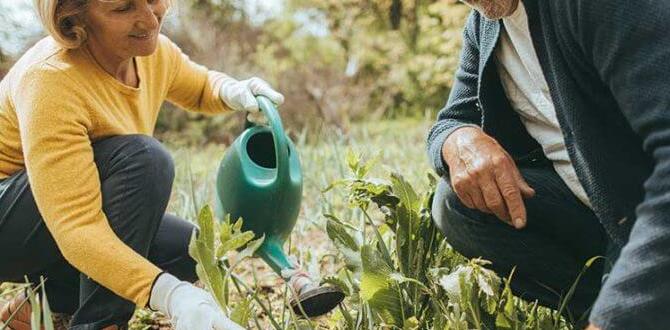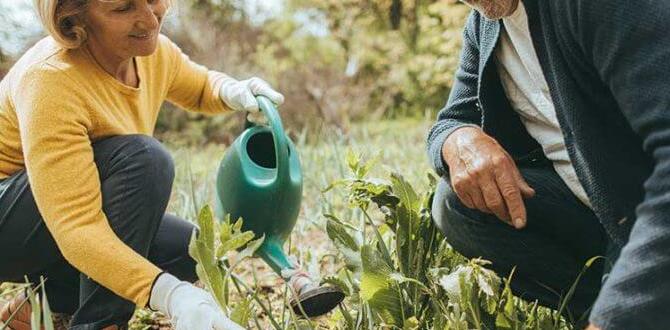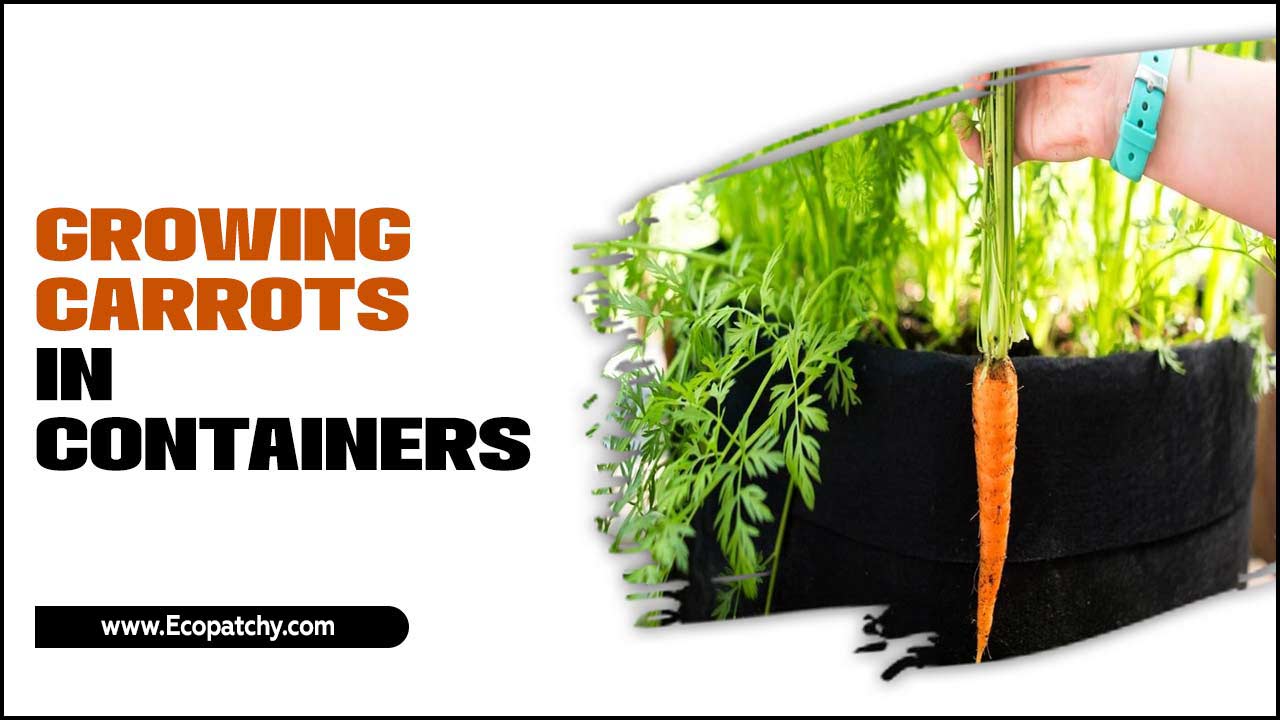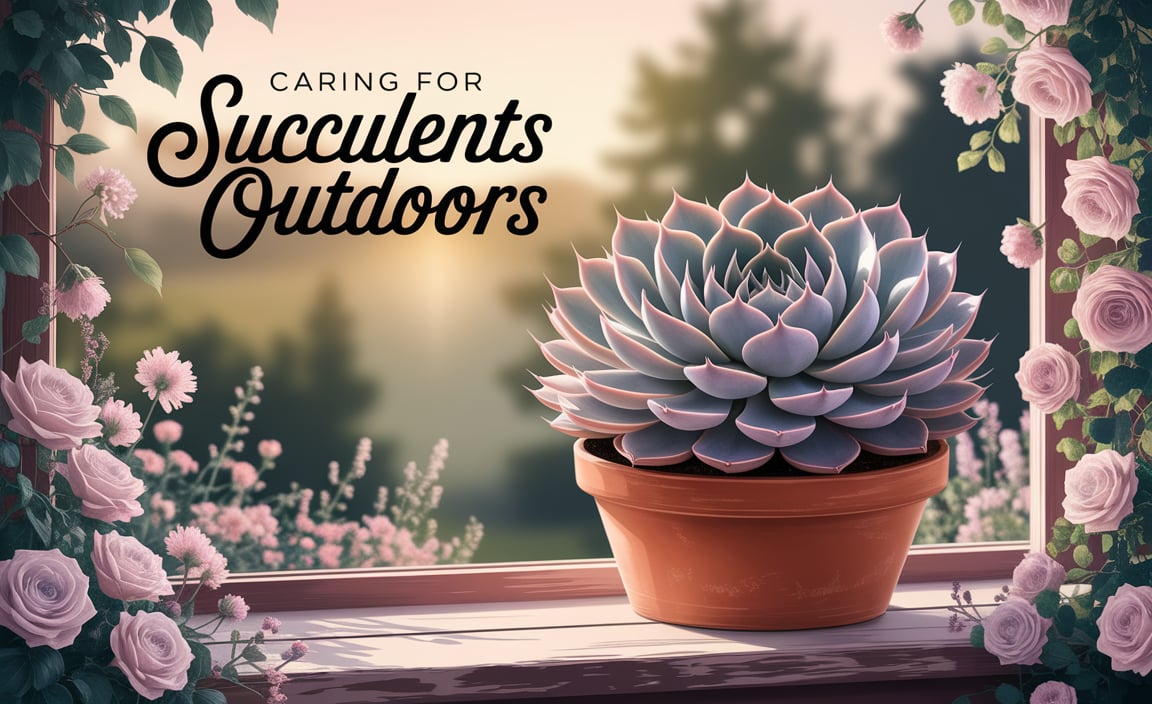Have you ever watched a flower bloom? It’s a simple yet magical moment. For seniors, gardening offers more than just beauty. It brings a world of benefits that can brighten their days.
Imagine stepping outside, feeling the warm sun, and touching the cool earth. This experience promotes both joy and health. Gardening can help seniors stay active and connected to nature. Did you know that digging in the dirt can improve mood and reduce stress? It’s true!
Many seniors find solace in their gardens. Caring for plants can lead to a sense of purpose. Whether it’s growing vegetables or flowers, the satisfaction grows with each sprout. Plus, spending time outdoors boosts vitamin D levels. Some studies even show it can help with memory and focus.
So, why not consider gardening as a fun activity? It’s a wonderful way to enjoy life and enhance well-being. Let’s dig deeper into the amazing benefits of gardening for seniors. You might just discover a new passion waiting to bloom!
The Amazing Benefits Of Gardening For Seniors’ Well-Being

Benefits of Gardening for Seniors
Gardening offers seniors a chance to enjoy nature and stay active. It boosts physical health by increasing strength and flexibility. Turning soil and planting seeds can also spark joy, helping to lift spirits. Did you know that just 30 minutes of gardening can improve mood? Additionally, it provides mental stimulation, as seniors engage in planning and caring for plants. Gardening not only nurtures plants but also nurtures friendships when shared with others.Physical Health Benefits
Improved mobility and flexibility through gardening activities. Enhanced cardiovascular health from moderate exercise.
Gardening helps seniors move better. Digging, planting, and weeding can boost mobility and flexibility. Simple tasks like these can keep bodies active and limber. Also, gardening is great exercise! Just 30 minutes can make a heart healthier. Regular gardening helps improve cardiovascular health. This type of moderate activity keeps blood flowing well. It’s fun and keeps you strong and happy!
What are the health benefits of gardening for seniors?
Gardening offers improved mobility and cardiovascular health for seniors. It encourages gentle exercise that can enhance overall well-being.
Mental Health Advantages
Reduction in symptoms of anxiety and depression. Increased cognitive function and memory retention through engagement.
Gardening helps seniors feel better and stay sharp. Working in the garden can reduce feelings of anxiety and depression. Connecting with nature brings peace. Plus, planting and caring for flowers or vegetables can boost memory and thinking skills. It keeps the mind active and engaged.
How does gardening help mental health?
Gardening can brighten moods and improve brain function. This outdoor activity provides both fresh air and a sense of accomplishment. Many studies show spending time in nature supports overall mental health.
- The act of planting can reduce stress.
- Caring for plants leads to increased happiness.
- Garden tasks keep the brain alert and active.
Social Benefits of Gardening
Opportunities for social interaction and community involvement. Creation of shared experiences through group gardening projects.
Gardening brings seniors together. They can meet new friends and share their love for plants. Working in a garden creates bonds through teamwork. Group gardening projects are fun and rewarding. These projects help seniors feel connected and valued. Plus, they can share their stories and tips. Here are some social benefits:
- Opportunities to make new friends.
- Improved teamwork and cooperation.
- Shared successes and celebrations.
How does gardening create community involvement?
The joy of gardening can unite neighbors. It encourages people to work together for a common goal. This brings harmony and strengthens community bonds. Seniors often find their spirits lift through these shared experiences.
Nutritional Perks
Access to fresh fruits and vegetables for a healthier diet. Learning about sustainable practices and nutrition.
Gardening gives seniors a chance to grow fresh fruits and vegetables. These tasty items help create a healthier diet. Many studies show that eating more fruits and veggies can lead to better health. It also encourages learning about sustainable practices and nutrition. Seniors can discover how to take care of the earth while enjoying the rewards of their hard work. It’s exciting to see plants grow and know what you eat is fresh and healthy.
What are the health benefits of fresh produce?
Fresh fruits and vegetables lower the risk of heart diseases, obesity, and diabetes. They also improve mood and energy levels. Eating a rainbow of colors means getting different vitamins and minerals.
Key Nutritional Benefits:
- Boosts immune system
- Supports healthy digestion
- Improves skin health
Emotional Wellbeing
Boost in mood and feelings of accomplishment. Therapeutic effects of nature and outdoor activity.
Gardening can lift spirits like a sunny day! When seniors dig their hands in the dirt, they often feel a boost in mood and a sense of achievement as they watch their plants grow. Nature is a great therapist! Spending time outdoors helps chase away the blues. Imagine smiling at a wiggly worm or a bright butterfly—each little moment adds joy to the day. Plus, they say that a garden can bring happiness greater than a chocolate cake! Here’s a table of these wonderful benefits:
| Benefit | Details |
|---|---|
| Boost in Mood | Gardening releases happy chemicals in the brain. |
| Feelings of Accomplishment | Watching plants thrive gives a sense of success. |
| Therapeutic Effects | Nature interactions can ease stress and anxiety. |
Accessibility and Adaptations for Seniors
Tools and techniques for easier gardening. Raised garden beds and container gardening options.
Gardening can be as easy as pie for seniors! There are handy tools that make digging and planting simple. For example, using grabbers or ergonomic tools can save energy and reduce strain. Raised garden beds let you garden without bending down. If bending sounds like torture, container gardening is a winner. You can grow your plants up high, right at comfortable levels. With the right adaptations, every senior can unlock the joy of growing!
| Gardening Option | Benefits |
|---|---|
| Raised Garden Beds | Less bending, easier access |
| Container Gardening | Portable, can be placed at any height |
Environmental Connections
Awareness of environmental issues through gardening. Encouragement of biodiversity and ecofriendliness in local areas.
Gardening helps seniors connect with the environment. It raises awareness of nature’s needs and issues. Through planting flowers or vegetables, they learn about climate change and pollution. This activity promotes biodiversity. By growing a variety of plants, seniors help local wildlife and enhance eco-friendliness. They create spaces for bees, butterflies, and birds, which are essential for a healthy ecosystem.
- Encourages awareness of environmental issues
- Supports local biodiversity
- Creates habitats for wildlife
How does gardening promote environmental knowledge?
Gardening gives seniors hands-on lessons about nature. They learn how plants grow and how to care for them. This knowledge inspires better choices for the earth.
Conclusion
In conclusion, gardening offers many benefits for seniors. It improves your mood, boosts physical health, and creates a sense of community. You can enjoy fresh air and develop new skills. If you’re interested, start with small plants or join a local gardening club. Explore more about gardening to reap all these rewards!FAQs
What Physical Health Benefits Can Gardening Provide For Seniors, Particularly In Terms Of Mobility And Strength?Gardening helps seniors stay active. When you dig, plant, and pull weeds, you use your muscles. This can make your arms and legs stronger. Moving around in the garden also helps improve balance and coordination. Plus, being outside in the fresh air can make you feel happy and healthy!
How Can Gardening Serve As A Mental Health Exercise For Older Adults, Particularly In Reducing Symptoms Of Anxiety And Depression?Gardening helps older adults feel better because it keeps them busy. When you plant and take care of flowers or vegetables, you focus on something happy. This can push away sad feelings and worries. Being outside in the sun and fresh air also lifts your mood. Plus, seeing your plants grow gives you a sense of achievement and joy.
In What Ways Does Gardening Encourage Social Interaction And Community Involvement Among Seniors?Gardening brings seniors together to share ideas and plant seeds. You can work with friends or neighbors, talking and laughing as you dig in the dirt. Many communities have gardens where you can join and help each other. This teamwork makes people feel happy and connected. Plus, sharing the fruits or flowers of your hard work builds friendships!
How Can Seniors Adapt Gardening Techniques To Accommodate Physical Limitations Or Mobility Challenges?Seniors can make gardening easier by using raised garden beds. These let you work without bending down too much. You can also use long-handled tools to reach plants without straining. Sitting on a bench or using a garden chair can help too. Choosing easy-to-grow plants can make the whole gardening fun and simple!
What Specific Plants Or Gardening Activities Are Recommended For Seniors To Ensure A Safe And Enjoyable Experience?For seniors, it’s best to choose easy-care plants like marigolds and herbs like basil. These plants are fun and simple to grow. Use raised garden beds to avoid bending too much. You can also plant in containers, which are easier to reach. Always wear gloves to protect your hands while gardening.








